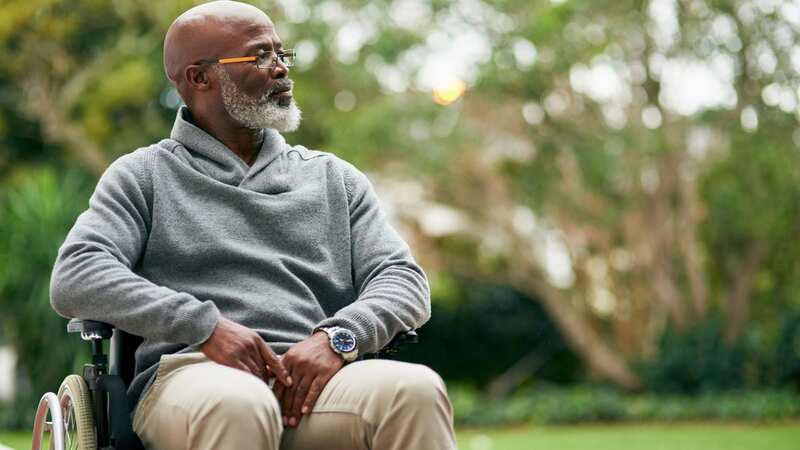Hope for MS patients as scientists find breakthrough with blood cancer therapy

Blood cancer therapy which 'resets' the immune system could be used to treat multiple sclerosis (MS), a new study has suggested.
Autologous haematopoietic stem cell transplantation (aHSCT) works by using blood cells harvested from bone marrow to kickstart immune systems after chemotherapy. But scientists now think that's not all the treatment could be used for, with growing evidence it could provide much-needed hope for MS patients.
According to a Swedish study, aHSCT could help slow progression of the disease, which leaves people with extreme fatigue, mobility problems and muscular pain. Scientists looked at data involving 231 relapsing remitting MS patients in the Scandinavian country, 174 of whom had also been treated with aHSCT between 2004 and 2020.
The study found nearly three-quarters of which (73%) saw their symptoms stop after five years. Around two-thirds meanwhile saw symptoms vanish after 10 years.
Among the 149 patients who had some disability to begin with, 54% improved, 37% remained stable and 9% got worse. On average patients were relapsing 1.7 times in the year before the aHSCT treatment.
 Warning as popular food and drink ‘increase risk of cancer death by up to 30%’
Warning as popular food and drink ‘increase risk of cancer death by up to 30%’
The findings, which have been published in the Journal of Neurology Neurosurgery and Psychiatry, reveal aHSCT as a treatment that's "feasible within regular healthcare" and can be "performed without compromising safety”, scientists write. The average relapse rate was one every 30 years following the therapy.
The researchers added: “Our study corroborates the results observed in the only randomised controlled trial conducted to date. We believe that aHSCT could benefit a greater number of MS patients and should be included as a standard of care for highly active MS.”
An estimated 130,000 Brits live with MS, according to MS Society UK figures, with a further 7,000 diagnosed every year. As well as fatigue and mobility problems, the condition also causes issues with vision, cognitive thinking, talking and swallowing.
Dr Alena Pance, a senior lecturer in genetics at the University of Hertfordshire, explained that MS is originally caused by damage to the myelin sheaths which protect nerve cells in the central nervous system. While aHSCT, Dr Pance said, only generates blood cells, resetting the immune system “stops the constant attack on myelin, which then gives a chance to the specialised repair cells called oligodendrocyte precursors to regenerate the damaged myelin”.
Dr Pance added: “However the potential and extent of repair depends on the severity of the disease, which is why, as the study indicates, the effect on disability is greater the lower the severity of the disease is.” While the study is limited by not having control groups who have been treated with only regular therapies, a separate trial has previously shown “similar positive effects” of aHSCT compared with disease-modifying therapy (DMT).
“The results indicate that patients would benefit from aHSCT and that this form of stem cell therapy can be safely performed in a clinical setting, representing a powerful clinical tool to successfully treat MS and restore function and quality of life to patients,” DR Pance added.
Dr Sarah Rawlings, executive director of research and external affairs at the MS Society, said: “HSCT on the NHS is subject to strict eligibility criteria and can be difficult to access. We know HSCT doesn’t work for everyone with MS, but it has been an important development in MS treatment and some people see life-changing results. This study provides further evidence as to how it can help slow progression of symptoms.
“More than 130,000 people live with MS in the UK and there are multiple treatments available, but we still don’t know enough about how the effectiveness of HSCT compares with the most effective DMTs.”
Read more similar news:
Comments:
comments powered by Disqus

































